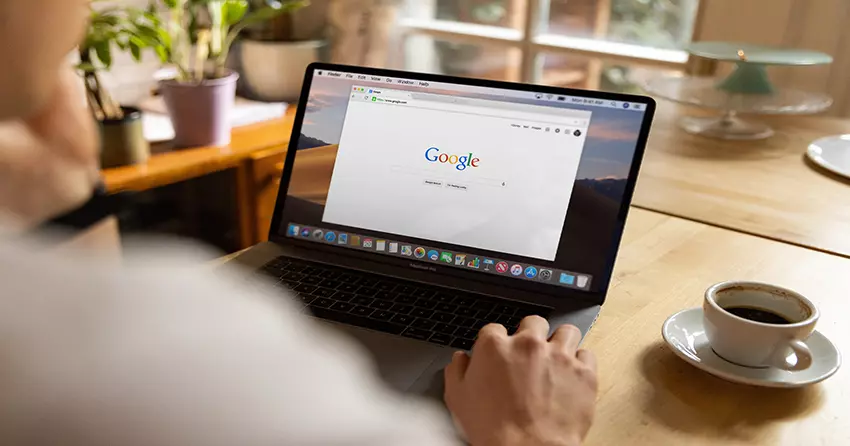
Google Is Reportedly Working on AI Life Advice Assistant
The New York Times reports that Google is testing generative AI tools that could provide life advice. Google is allegedly using technologies similar to those that power OpenAI’s ChatGPT and its own chatbot Bard.
According to the newspaper, Google’s research lab DeepMind and AI team Brain have joined forces to develop an AI-powered life advice assistant that acts as personal life coach. They are reportedly working on “at least 21 different types of personal and professional tasks, including tools to give users life advice, ideas, planning instructions and tutoring tips.”
The New York Times received access to one example of a prompt that sought advice on how to tell a close friend that the user will miss her destination wedding due to not being able to afford a plane ticket.
The ideas tool will help users deal with a specific situation like the one described in the prompt. The tutoring feature, on the other hand, might include tips and instructions on how to learn new skills and improve existing ones, as well as how to create financial budgets and meal plans.
These tasks mark a drastic shift from Google’s earlier AI projects. Last December, Google’s AI safety team warned executives of the potential dangers of becoming too dependent on chatbots. Some of the issues listed included “diminished health and well-being,” “loss of agency,” and forming a belief that chatbots are sentient.
According to the company, users shouldn’t consult Bard for medical, legal, or financial advice, categories that Google is now exploring with its new AI-driven personal coach assistant.
According to anonymous sources who spoke with The New York Times, Scale AI, a DeepMind contractor, has gathered teams of 100+ experts with doctorates in different fields to test the AI-generated responses of the personal coach tools. These teams are working on developing tools that can tackle more sensitive tasks with AI, like intimate questions and life situations – categories that chatbots like ChatGPT and Bard aren’t typically trained to deal with.
These tools are still in an experimental phase, and Google may decide not to release them, considering the major risks involved with AI going rogue.
The tech conglomerate has released AI features across many of its products, including its search engine, Gmail, and Vertex AI. Google has also improved its entire AI systems and infrastructure, racing to get ahead of other competitors, namely its biggest rival Microsoft.













